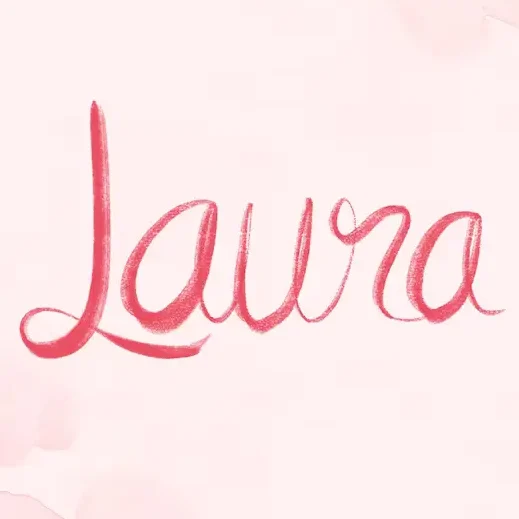
Alex Da Corte*
The seventh album that singer-songwriter-multi-instrumentalist Annie Clark has released as St. Vincent teems with the kind of visceral imagery that sticks with you long after her songs fade out. There’s a “hungry little flea” ready to infect your “warm body,” a predator on the street turning aggression into an evil blues promise, a sink that runs red, a head that won’t stop banging, a dream that ends in hell. “I feel like graffiti on a urinal,” she sings. Hey, we’ve all been there.
Clark’s music has always been fearlessly intimate. (One of her most well-known songs, 2017’s “New York,” turned on the scorched-earth kiss-off “You’re the only motherfucker in the city who can handle me.”) Often, though, she gets at her hard truths by blurring the line between autobiography and artifice, hiding her own image in carefully constructed aesthetic masks. On her last album, 2021’s Daddy’s Home, she used Seventies glam-rock as a mirror-stage to explore feelings about her father’s incarceration for securities fraud and other finance-related crimes. On the LP’s cover, she appeared in a blonde wig, as if deploying a Warhol-esque deflection in the face of uncomfortable personal reality.
All Born Screaming is more primal than conceptual, and that makes it a refreshing change-up among St. Vincent albums. Several songs bring to mind the industrial bloodlettings of Nine Inch Nails, the self-emptying operatic art-goth grind of Tori Amos’ 1998 album From the Choir Girl Hotel, the bluedgoning tumult of Nirvana. Dave Grohl bashes along on two songs, and some of the album was recorded at Electrical Audio, the Chicago studio run by Steve Albini, whose credits include Nirvana’s In Utero. The results can be harrowing: on “Broken Man,” she plays a wannabe “king-size killer,” recognizably pathetic and dangerous, as mean-spirited distortion and metallic drums amp up the sense of menace. “Reckless” begins as a tense, mournful piano ballad, with Clark promising to “tear you limb from limb or I’ll fall in love,” then explodes into a seething Reznorian slither. “Flea” goes from winking verse to pummeling alt-rock chorus, as Clark’s metaphorical insect promises to suck you dry when you least expect it.
But if All Born Screaming is a dark album, it’s not a bleak one. Even as Clark’s lyrics tend to dwell in the space between connection and contempt, desire and disgust (she calls this album “post-plague pop”), the music never feels gloomy or defeated. Clark self-produced for the first time in her career (working with friends on drums like Grohl, Stella Mogzawa, and Josh Freese, and the art-pop artist Cate Le Bon), and you can feel a real sense of discovery as she shifts the sonic lens, even in this record’s toughest, heaviest moments. “Hell Is Here” splits the difference between foreboding and transporting, a bit like David Bowie’s “Five Years,” drifting spaciously over an ascending bassline and intricate guitar figure. “Sweetest Fruit” uses jumpy electro-bloops as a backdrop for Clark’s signature deconstructed guitar flash, as she delivers lyrics that hunger for pleasure as an antidote to malaise. On “The Power’s Out,” societal collapse blurs into anarchic year-zero freedom (“no one can blame us now that the power’s out”), as Clark’s voice extends gorgeously over a bare beat and an elegiac, Brian Eno-esque synth drone. With its reggae beat and wry, relaxed melody, “So Many Planets” is the kind of clever, worldly avant-pop her friend and collaborator David Byrne has often specialized in, with a hot Clark solo and reassuring “la la la” refrain.
She ends it on the big, statement-making seven-minute title track, another tune that feels liberated and scary at the same time. The song starts out bright and bouncy, then fades the ambient ether as a voice-of-God choir swoops in to remind us we’re “all born screaming,” turning that resigned warning into a brooding incantation. Then the track heats back up into a fierce, frenzied electronic babble. It’s music that evokes the terror we all share in just being alive, and the way that fighting through it is a form of constant rebirth we all share, too. That’s the kind of truth this album excavates and celebrates many times, and why this is some of Annie Clark’s most satisfyingly urgent music yet.

Laura Davis is an entertainment aficionado who delves into the glitz and glamour of the entertainment industry. From Hollywood to Broadway, she offers readers an insider’s perspective on the world of movies, music, and pop culture.






